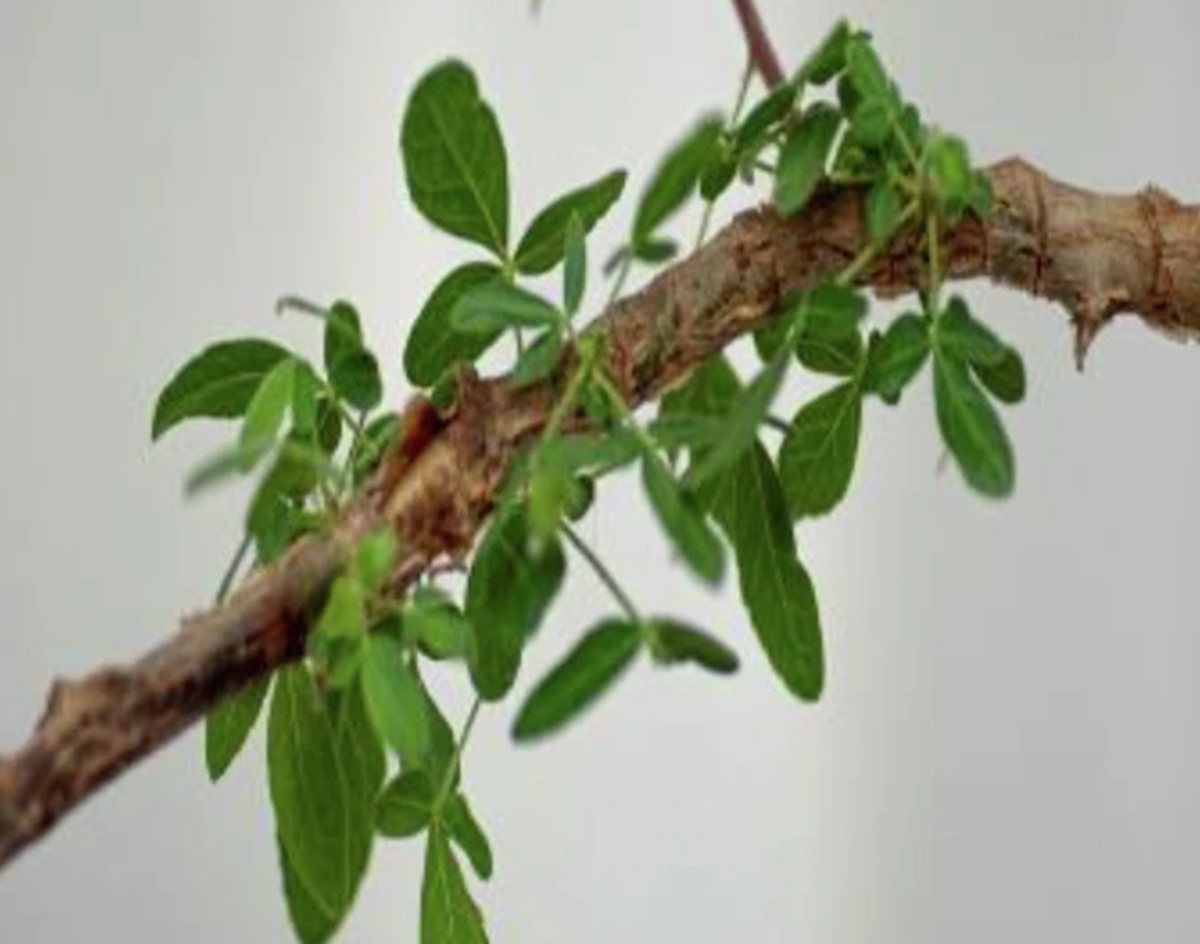Tree’s resin, called ’tsori’ in Biblical texts, was highly prized in ancient world for its used in perfume, incense, cataract medicine, embalming agents, and antidotes
The resin of a tree grown from an ancient seed found in a desert cave near Jerusalem could be the source of a medicinal balm mentioned in the Bible, a new study has found.
The strange seed, about 2cm long, was discovered in a Judean Desert cave in the late 1980s, and dated to between 993AD and 1202AD. After years of attempting to grow the plant, researchers have identified the sapling nicknamed “Sheba”.
…
Researchers suspected the “Sheba” tree to be a candidate for the “Judean Balsam” or “Balm of Judea”, which was cultivated exclusively in the desert region of southern Levant during Biblical times.
The Judean Balsam has been extensively described in the literature from Hellenistic, Roman-Byzantine and Post-Classical periods between the 4th century BC and the 8th century AD.



Jumping in to share another article. Silphium may have been rediscovered!
Hell yeah laserwort
Thanks! I hadn’t heard about that one. Here another article on it. Wow.
Ah, okay. That is a striking looking vine, but nothing is mentioned about it being tasty, and it’s genetically related to other Central Asian plants, according to a study cited on Wikipedia.
Nooo! Amazing if true.
Unfortunately this appears to be an archive of a paywall.
Sorry! Worked fine for me. I’ll see if I can’t put a different link up
It’s alright, someone else already did. I’m skeptical, it sounds like there’s genetic evidence it’s of central Asian origin.
From what I understand, that is highly contested.